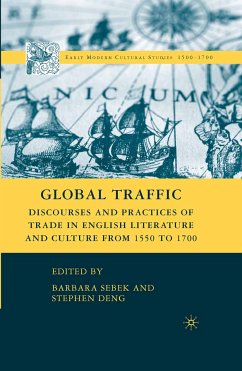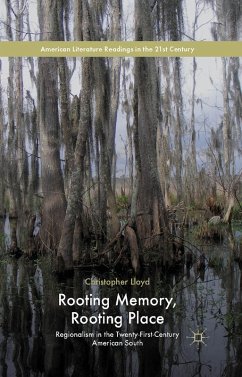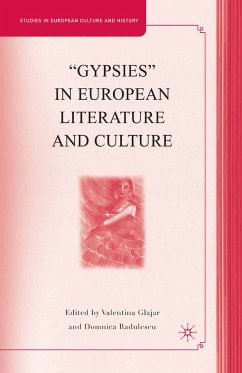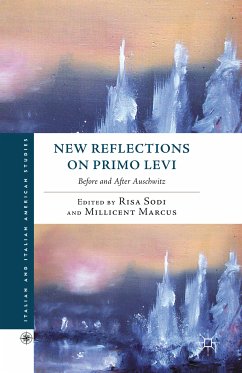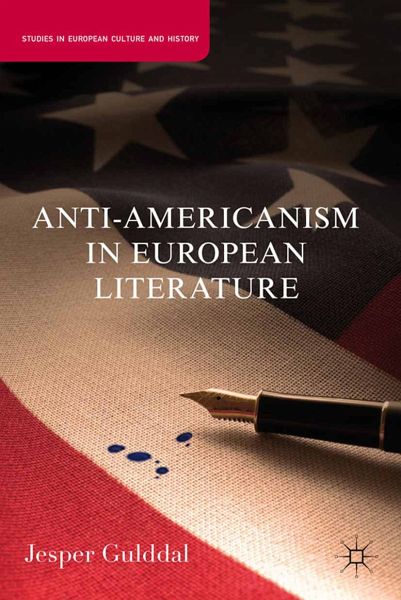
Anti-Americanism in European Literature (eBook, PDF)
Versandkostenfrei!
Sofort per Download lieferbar
40,95 €
inkl. MwSt.
Weitere Ausgaben:

PAYBACK Punkte
20 °P sammeln!
Pursues the hypothesis that fictional literature has been instrumental in the development and dissemination of European anti-Americanism from the early 1800s to today. Focusing on Britain, France and Germany, it offers analyses of a range of canonical literary works in which resentful hostility towards the United States is a predominant feature.
Dieser Download kann aus rechtlichen Gründen nur mit Rechnungsadresse in A, B, BG, CY, CZ, D, DK, EW, E, FIN, F, GR, HR, H, IRL, I, LT, L, LR, M, NL, PL, P, R, S, SLO, SK ausgeliefert werden.



